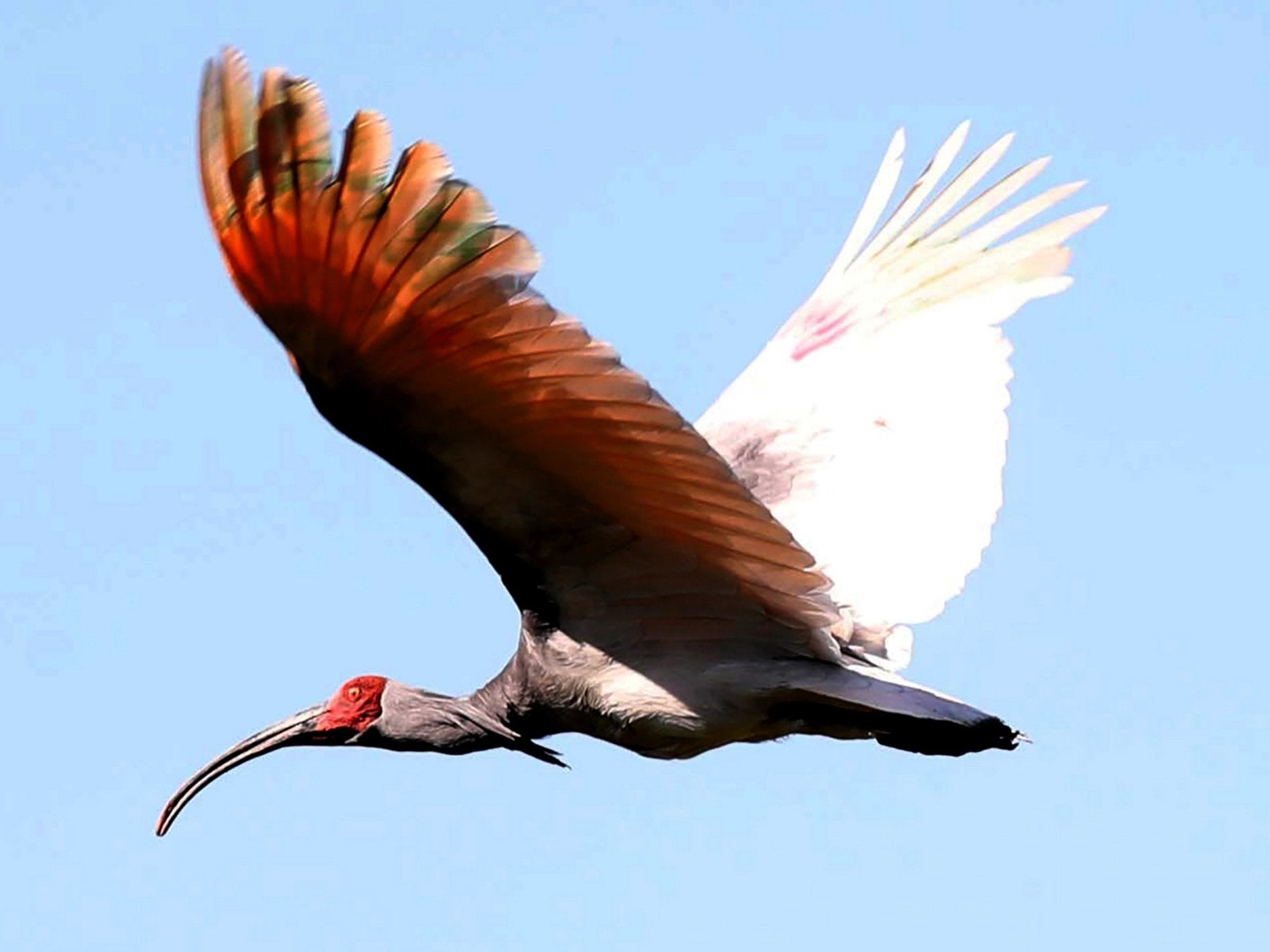Endangered bird returns to South Korea 40 years after extinction
Rare wader is designated a national monument that features in popular children’s song

The endangered crested ibis has reportedly been reintroduced to South Korea 40 years after it went extinct in the Asian country.
Forty of the rare wading birds were bred in captivity before being released into the wild at Upo Wetland in South Gyeongsang province, southeast of Seoul, the Yonhap news agency reported.
The last time a crested ibis was spotted on the Korean peninsula is believed to have been in 1979 when it was spotted in the demilitarised zone separating the south from North Korea.
The bird used to be a common sight until pesticide use reportedly damaged its food sources.
A designated national monument in South Korea, it is also seen in China and Japan.
The captive population in South Korea has now reached 363, according to the Agence France-Presse news agency.
The breeding programme began with a birds donated by Beijing.
In South Korea the crested ibis is linked to an eponymous popular children’s song, composed when Japan ruled the country.
Join our commenting forum
Join thought-provoking conversations, follow other Independent readers and see their replies
0Comments